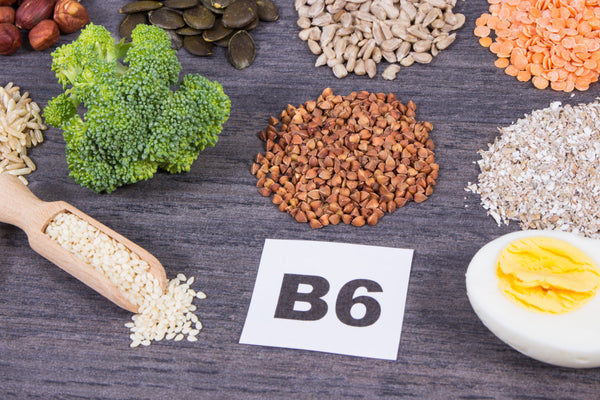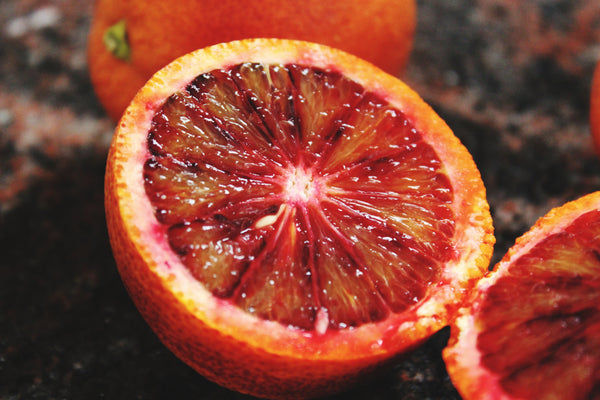
Not Only Fiber, What Vitamins Help Overcome Constipation?

Constipation (constipation) is a condition that makes it difficult for you to defecate (BAB). To deal with it, you are usually recommended to increase fiber intake. However, various vitamins are also used to treat constipation.
Vitamins Help Overcome Constipation
Read: Can Vitamins Cause Constipation? Check Here!
Certain types of vitamins can help overcome constipation experienced. However, some vitamins can cause constipation. Take a look at some of the vitamins that can treat constipation below to learn more about them.
1. Overcoming constipation with sufficient vitamin B1 consumption
Thiamine, a vitamin of group B, can affect the digestive tract. Low thiamine levels can slow down digestion and result in constipation. Thiamine dosage for males and women should be different: 1.2 mg for men and 1.1 mg for women.
2. Vitamin C
One vitamin that can help overcome constipation is vitamin C. When your body is receiving an adequate amount of vitamin C, the remaining vitamin will have an osmotic effect on your digestive system.
This means that vitamin C brings water into the intestines, which can help soften stools. Therefore, food supplements or additional vitamin C intake can help relieve constipation.
However, you still need to pay attention to vitamin C intake so as not to overdo it. Side effects of excess vitamin C such as:
- diarrhea,
- nausea, and
- cramps in the stomach
3. Vitamin B5
Launching Healthline, Vitamin B5, also known as pantothenic acid, is a vitamin to help overcome constipation. However, the recommended intake of vitamin B5 still needs to be met. The recommended intake of vitamin B5 for adults is 5 mg per day; for children, it is between 1.7 - 5 mg per day.
4. Vitamin B9 (folic acid)
The next vitamin to overcome constipation is vitamin B9 or better known as folic acid. Folic acid works by stimulating the formation of acid in the digestive tract so that it can help relieve constipation.
If the level of acid in the digestive tract is low for a certain period, this can increase the intake of folic acid which helps facilitate your digestion.
Folic acid supplements can be one solution to treat constipation conditions. However, consuming food sources of folic acid is more recommended. Foods rich in folic acid are often accompanied by fiber, which helps constipation.
5. Vitamin B12
One of the body's signs when experiencing a vitamin B12 deficiency is digestive problems. Therefore, sometimes a person takes additional vitamin B12 to overcome difficult bowel movements.
You can of course choose to eat foods high in vitamin B12 such as beef liver and fish (salmon and tuna).
The average adult is advised to get a vitamin intake of 2.4 micrograms (mcg) per day and for children under the age of 18 years, as much as 0.4 - 2.4 mcg depending on age.
Vitamins and minerals to avoid when constipated
Several vitamins and minerals can indeed help relieve constipation. On the other hand, some vitamins and minerals can make difficult bowel movements worse.
Calcium: Although cases of a person experiencing excess calcium are rare, excess calcium resulting from taking vitamins or supplements is possible and can cause constipation.
Iron: Even vitamins and iron-containing supplements can cause constipation. Try reducing the dose if constipation occurs and then increasing the amount slowly.
Vitamins are needed by the body to function normally. When the body does not get the vitamins it needs, various health conditions can occur, including digestive problems, and constipation.
That’s information about vitamins that help overcome constipation. Hope this is helpful!






